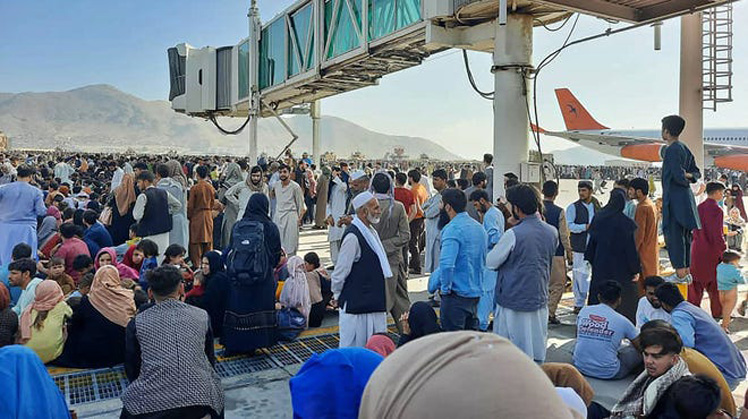
What happens to air travel in Afghanistan after US withdrawal? Who controls the airspace?
TripFalcon August 17, 2021
Last Update: 2021-08-17 09:56:08With the collapse of the Afghanistan government, what happens to the airspace? Can flights get in and out of Kabul or overfly the country?
On Sunday, airlines were notified that civilian air traffic control services were no longer available in Afghanistan. Kabul's airport has closed to civilian air traffic, and all commercial flights in and out of Afghanistan are canceled.
That hasn't stopped desperate civilians from trying to get out of the country as the Taliban reassumed power. On Monday, USA TODAY reported that seven people died amid the mayhem as crowds swarmed the military landing strip at Hamid Karzai International Airport.
Military aircraft are flying in Afghanistan to provide evacuation services and are being controlled by U.S. military controllers. How long that evacuation will take is uncertain.
In the meantime, civilian lights that normally overfly Afghanistan are being rerouted. Routes include India to Europe, Indonesia to Europe, the Middle East to China, Australia to Russia, South East Asia to Europe.
This longer routing causes additional flight time and fuel costs, but it is necessary. World airlines have gotten very conservative about flying over conflict zones after a Malaysian Airlines B777 was shot down in Ukraine in 2014, killing 283 passengers and 15 crew.
Until the situation stabilizes within Afghanistan, the airspace is likely to remain closed. Once a new government begins air traffic services and the airspace is safe, commercial flights can return.
Before the U.S. invasion in 2001, Afghanistan's pre-Taliban government ran the country air traffic control system; it is likely to revert to something similar. Countries earn income from fees for overflights and landings, so there is incentive to return air traffic control services quickly, but nations will need to make sure the services meet international standards.

